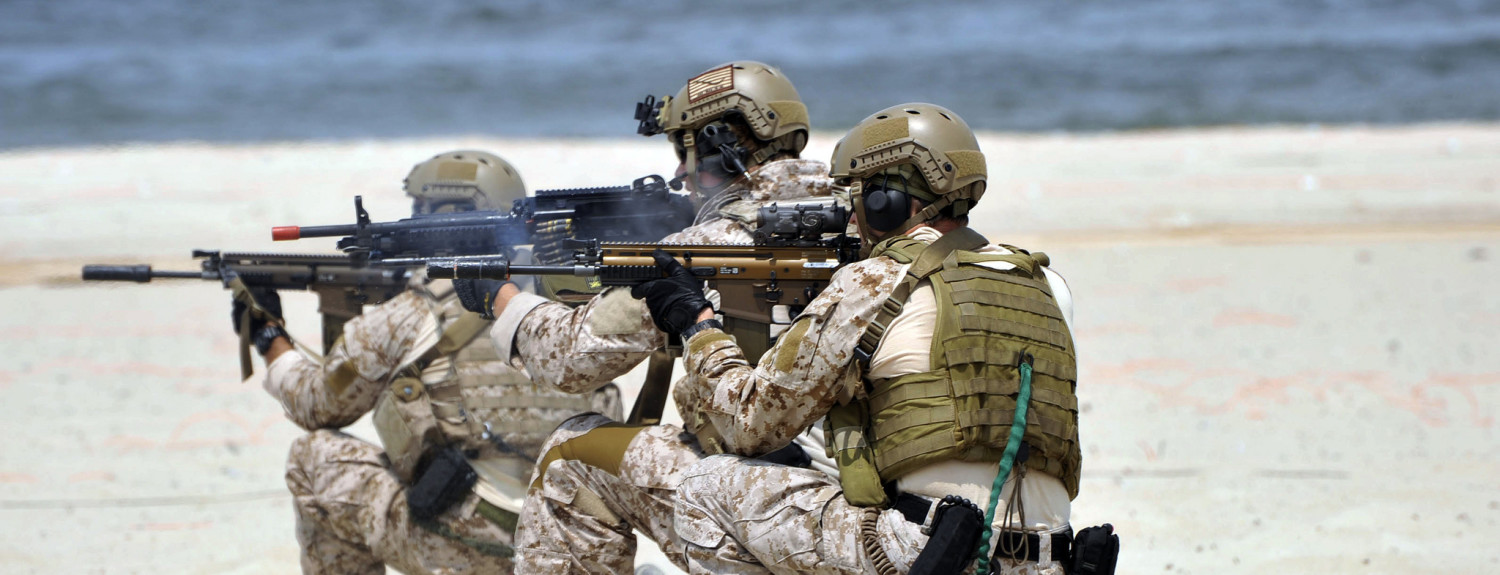Even the elite service members who comprise the Navy SEALs can’t survive in the field without a functional gun.
According to Marine veteran and Congressman Rep. Duncan Hunter, the Navy SEALs are suffering from a shortage of firearms. Hunter was told by former and active-duty SEALs that they are so under-equipped, they have to buy their own gear before shipping out. SEALs also customize their rifles to fit their fighting style, often with upgrades they purchased themselves.
Once they return from deployment, however, their personalized equipment is taken from them and reissued to another SEAL who doesn’t have any equipment. As supplies are passed from SEAL to SEAL through several deployments, operators find themselves with weapons that weren’t customized for their use.
Through customization, SEALs forge deeply personal connections with their gear. This connection is scrambled when rifles are reissued without thought to compensate for a weapons shortage. Hunter calls this system a “weapons carousel.”
“They want their rifles,” Hunter told the Associated Press. “It’s their lifeline. So let them keep their guns until they’re assigned desk jobs at the Pentagon.”
The congressman complained of the situation in a letter to Naval Special Warfare Command (NSW).
More concerning, it is my understanding that there aren’t enough weapons for SEAL teams — let alone an individual operator — to have their own weapons. As it currently stands, following a deployment, a SEAL will have his weapon taken from him, which has been fine-tuned to certain specifications, and given to a different operator to use. This means that SEALs standing by to deploy are waiting for different teams to come back stateside just so they can use their weapons.
In the past decade, the personnel under Special Operations Command (Rangers, SEALs, Green Berets, etc) went from 33,600 to 56,000. It’s possible that the military’s $10.4 billion spec ops budget is stretched too thin among a larger force. Hunter, however, believes the problem is actually “wasteful spending.”
“Money is not reaching the people it needs to reach,” Hunter wrote to the NSW.
(Photo Credit: U.S. Navy photo by Mass Communication Specialist 2nd Class Anthony Harding/Released)




































